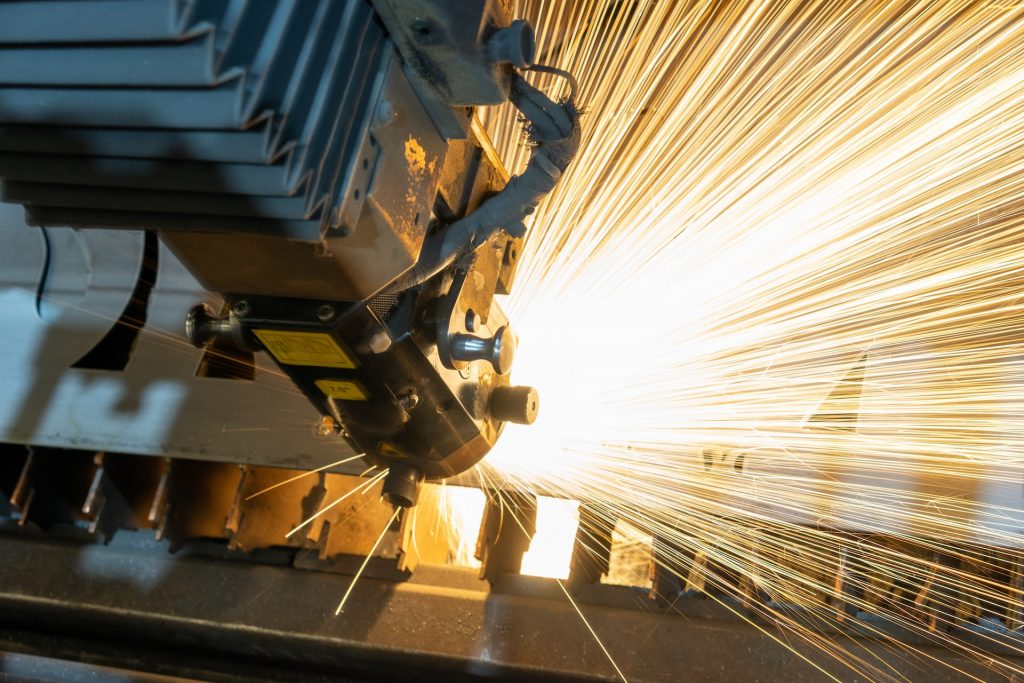Manufacturing execution systems are the backbone of manufacturing and provide the necessary tools to help manufacturers maintain efficiency and control in their production process. Manufacturing execution systems can be broadly categorized into shop floor MES (which monitors production) and enterprise MES (which monitors everything).
What is an MES?
An MES is software that helps manufacturers track and manage production data. MES provides real-time information about equipment, materials, and products. This information can be used to improve manufacturing processes and control costs.
What Are the Types of MES Systems?
An MES system is a software application that helps manufacturers control and track their production processes. There are several MES systems, each with unique features and benefits.
ERP
The most common type of MES system is the Enterprise Resource Planning (ERP) system. This system is designed to help businesses manage their resources more effectively. ERP systems provide a centralized database for all manufacturing data, which all organization members can access. This makes it easy for managers to track the production progress and identify bottlenecks. Additionally, ERP systems often include scheduling and planning features, which can help streamline manufacturing.
MRP
Another type of MES system is Manufacturing Resource Planning (MRP). This type of system is designed specifically for manufacturing organizations. MRP systems provide detailed information about every manufacturing process, from raw materials to finished products. This information can improve quality control, optimize production schedules, and reduce costs. Additionally, MRP systems often include features such as asset tracking and machine monitoring, which can further improve the efficiency of the manufacturing process.
How to Choose an MES System?
MES systems are critical for manufacturing companies as they provide real-time data and feedback to help manage production processes. But with so many different MES systems on the market, how do you choose the right one for your company?
Here are a few things to consider when choosing an MES system:
1. Company size and complexity
MES systems range from simple, off-the-shelf solutions to complex, custom-built ones. The size and complexity of your company will dictate which type of system you need.
2. Manufacturing processes
Not all MES systems are created equal – some are better suited for specific manufacturing processes than others. Make sure to choose a system that’s designed for your specific needs.
3. Data requirements
Collecting data is one of the main functions of an MES system, so it’s essential to ensure the system you choose can handle the volume and type of data you need.
4. System Integration
A sound MES system should be able to integrate with your existing ERP and other business systems. This will make it easier to manage all your manufacturing data in one place.
5. Cost
As with any significant purchase, the cost is always a factor to consider. But remember that cheaper doesn’t always mean better – a more expensive system may offer features and benefits that justify the higher price tag.
Which Industries Use a Manufacturing Execution System (MES)?
A Manufacturing Execution System (MES) is a software application that provides real-time data and controls production operations in a manufacturing environment. MES systems are used across various industries, including automotive, food and beverage, electronics, pharmaceuticals, and more.
MES systems help manufacturers to optimize production by providing visibility into all aspects of the manufacturing process. MES applications can track inventory levels, monitor machine utilization, and schedule production activities. Integrating with other enterprise systems such as ERP and PLM, a complete picture of the manufacturing process can be obtained, from raw materials to finished goods.
An MES system includes improved quality control, reduced downtime, increased productivity, and lower costs. In addition, MES systems can provide valuable insights into the manufacturing process that can help to identify areas for improvement.
Conclusion
An MES is an excellent tool for managing your business’s inventory and keeping track of your production process. It can help you save time and money and increase your efficiency. If you’re thinking about implementing an MES in your business, be sure to do your research and choose the right system for your needs. If you need help implementing an MES solution for your business, feel free to contact us or start your free 14-day trial of AccelGrid MRP.











